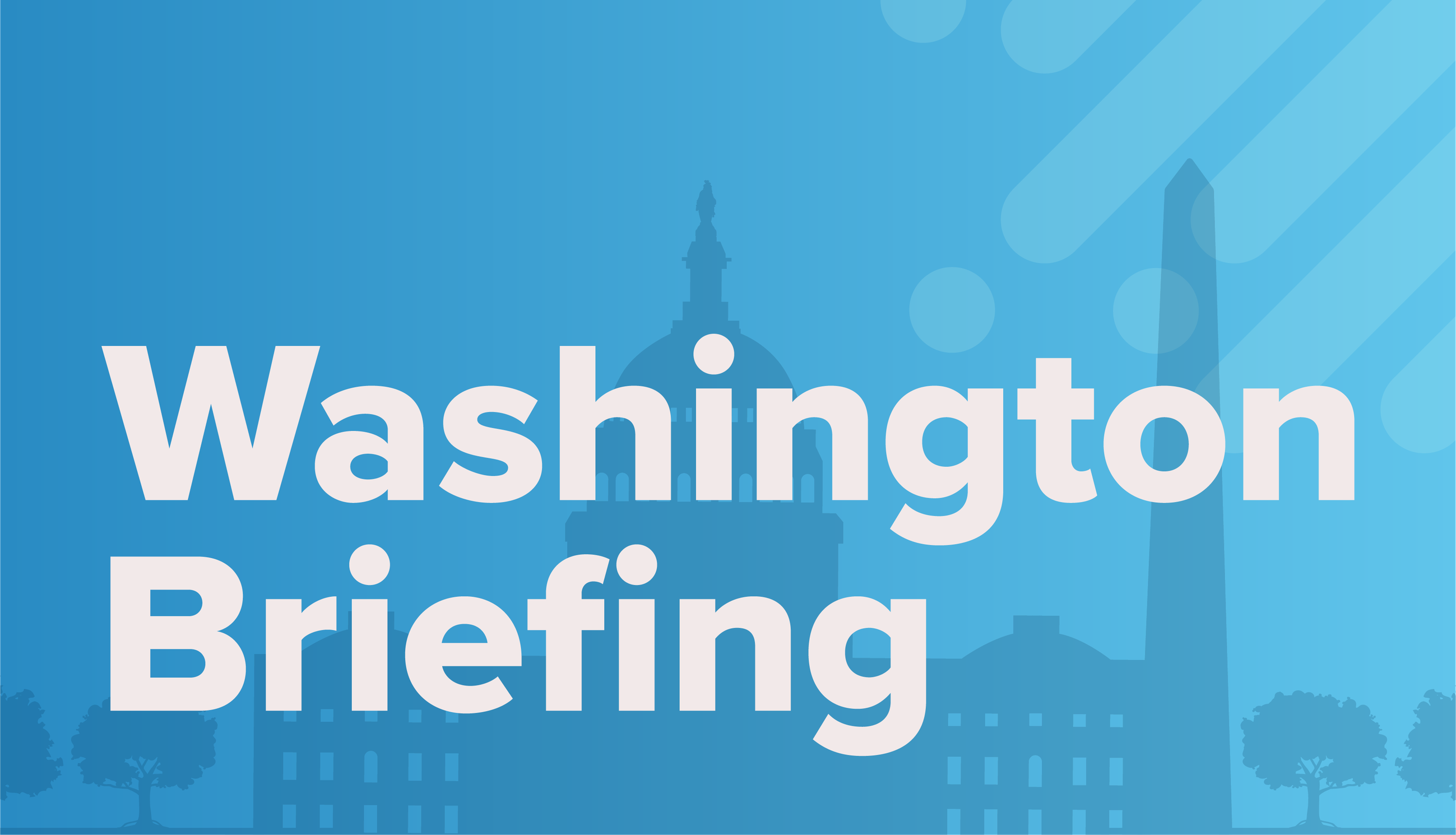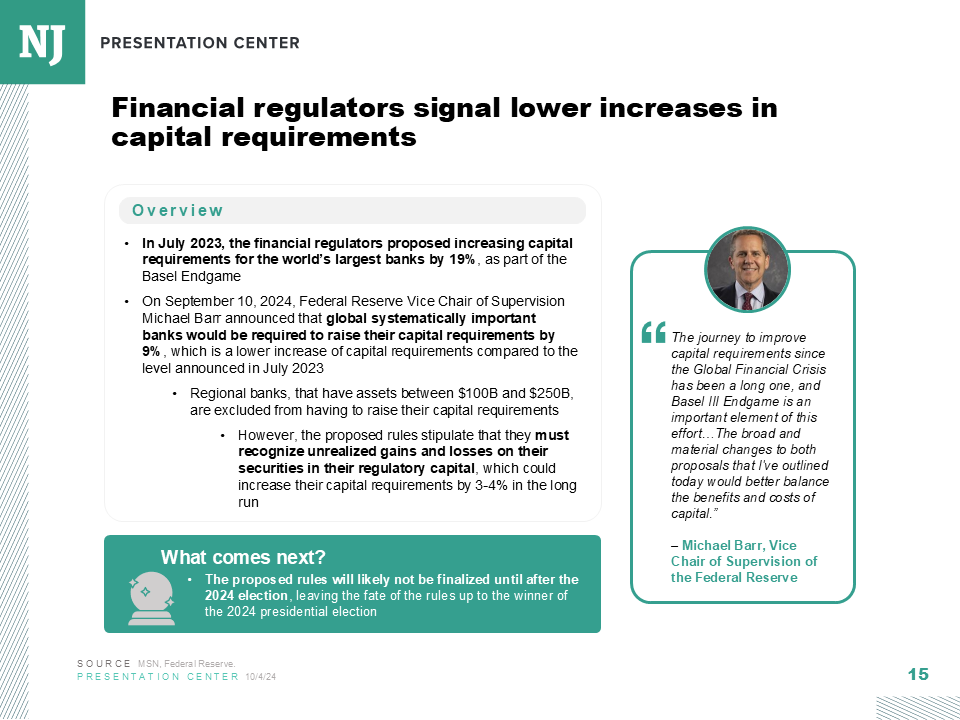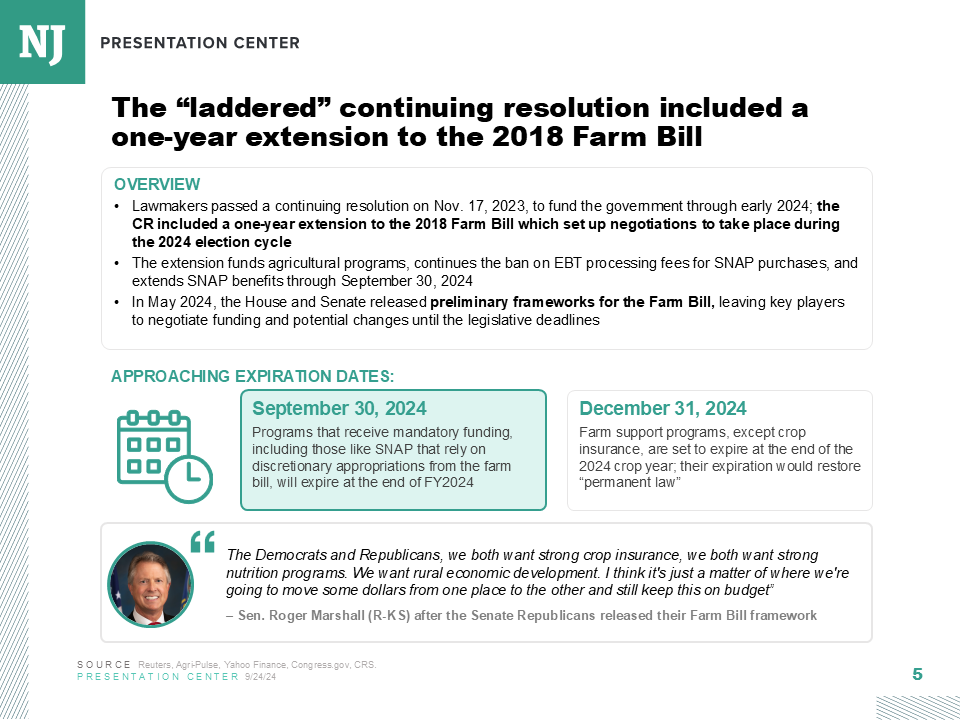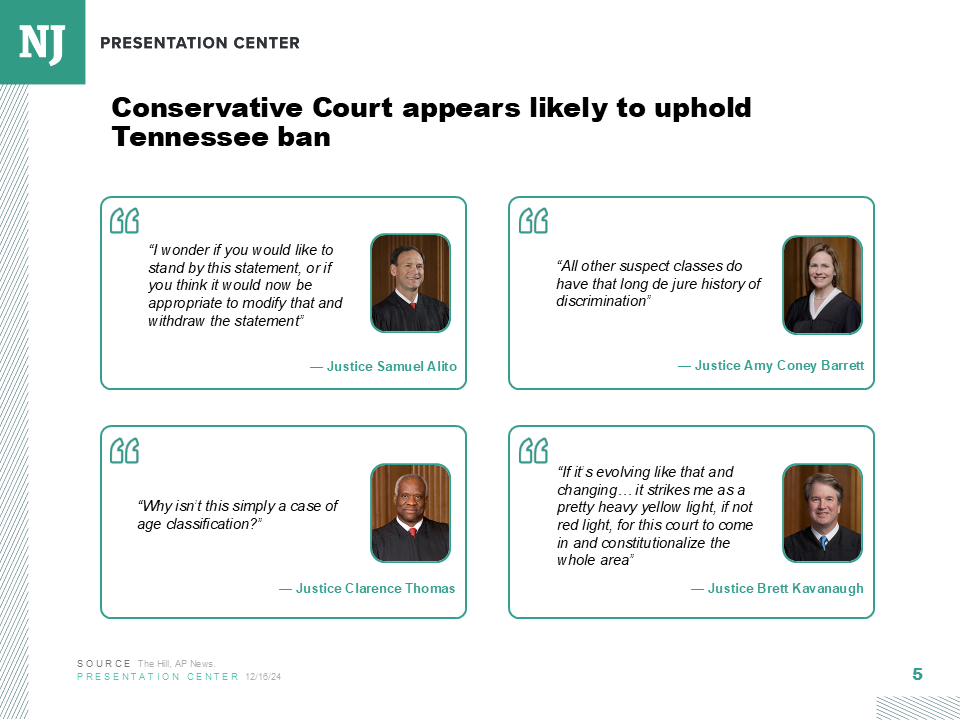As Democratic governors have railed against the potential for a federal law enforcement presence in their cities, Louisiana Gov. Jeff Landry applauded President Trump’s suggestion to send National Guard troops to New Orleans to fight crime.
“We will take President @realDonaldTrump’s help from New Orleans to Shreveport!” Landry said in a social media post.
Landry rolling out the proverbial welcome mat is the latest demonstration of Republican governors falling in line with Trump’s agenda, reflecting a broader shift among state executives as moderates depart the ranks.
Even before Trump’s inauguration, more than 20 Republican governors quickly pledged their state law enforcement resources to aid federal deportation efforts, Landry included. Others have answered more recent calls from the president to redraw their states’ congressional maps mid-cycle to increase the number of safe GOP districts ahead of the midterms. Most recently, six GOP governors directed National Guard troops to Washington, D.C., where a total of 1,334 out-of-state troops are currently deployed.
“President Trump has a firm grip on this party,” said Ryan Williams, executive vice president at Targeted Victory. “And those who are in red states and have conservative voters are going to support the president even more closely on these matters than other states.”
As executives, governors typically have more autonomy in their policy positions than members of Congress do. It’s more difficult to foment a primary challenge against a governor because they answer to a larger and more diverse electorate and are typically insulated from the Washington polarization that often fuels primary challenges.
“It’s easier for them to disagree with the president respectfully on some issues than it is for members of Congress, because when you’re a member of Congress, you’re one of several hundred,” Williams said. “You’re not your own person, essentially.”
Trump’s pressure on Congress has led several members of the party to step aside or face his wrath. For instance, Sen. Thom Tillis decided against a reelection campaign after dissenting against the president’s One Big Beautiful Bill rather than face the potential Trump-endorsed challenger he knew would follow. The president has also targeted Republican Rep. Thomas Massie for his opposition to the megabill, calling for a primary challenger in the safe red seat and launching Kentucky MAGA, a super PAC focused on ousting the lawmaker.
“He’s got mixed success in campaigning against incumbents, but it’s pretty difficult if he’s coming after you full force to get rid of you. You’re going to have a real fight on your hands,” Williams said.
Republican governors have largely avoided public, high-profile clashes with Trump and have assisted him in his efforts to boost Republicans in the midterms, although some with more enthusiasm than others.
Trump has pushed states like Indiana to redraw their maps so they are more favorable for Republicans, but Gov. Mike Braun has taken a wait-and-see approach. Since the legality of redistricting is complex and varies state-by-state, it’s unlikely governors will be punished if they can’t or won’t redraw maps.
“The governors are able to have more latitude in how they govern because they don’t need to vote with the president on issues,” Williams said. “They can just support policies of his that they view as being good for their states.”
Vermont Gov. Phil Scott politely declined the White House’s request to dispatch the state’s National Guard, and a spokesman for Alaska Gov. Mike Dunleavy said “there are no plans” to send Alaska’s National Guard to Washington, although neither explicitly criticized the president’s deployment of troops in the city.
Yet even that independence has been waning in recent years as moderate governors, many of whom once criticized Trump, seem to be a dying breed.
Former Massachusetts Gov. Charlie Baker opted out of a third term after Trump endorsed a primary challenger. Former Maryland Gov. Larry Hogan, another prominent moderate, endorsed his commerce secretary Kelly Schulz to succeed him after he reached his term limit, but she lost the GOP primary to state Del. Dan Cox, who ran to her right and was endorsed by Trump.
Former Arizona Gov. Doug Ducey, who clashed with Trump after certifying the 2020 election results, departed after his term expired in 2023. Georgia Gov. Brian Kemp, another moderate, is also term-limited this cycle.
“There’s not even these rogue, popular, outlier governors anymore, to the extent there used to be against Trump,” Williams said. “The governors are all pretty much with him, and anybody running for governor now as a new candidate needs to fully support him, or else they can’t win a primary.”
Ahead of the midterms, Republican gubernatorial candidates don’t have the luxury of breaking with Trump as they vie for his endorsement. In South Carolina, Lt. Gov. Pamela Evette launched a slew of ads that paint her as a Trump patriot while attacking her GOP opponents for abandoning the president.
“Everyone wants his support,” said GOP strategist Zack Roday. “It doesn’t matter what type of state you’re in.”






